
A randomized clinical trial offers strong evidence that a combination of 2 targeted melanoma drugs when given continuously keeps cancer from growing or spreading longer compared with intermittent treatment.

A randomized clinical trial offers strong evidence that a combination of 2 targeted melanoma drugs when given continuously keeps cancer from growing or spreading longer compared with intermittent treatment.

Researchers have discovered a natural protective mechanism that leads to the programmed death of potentially diseased cancer cells.

Emotional, social, and psychiatric problems in children and adolescents have been linked to higher levels of genetic vulnerability for adult depression.

Experts discuss what their teams have learned throughout the COVID-19 pandemic, during the COA virtual conference.
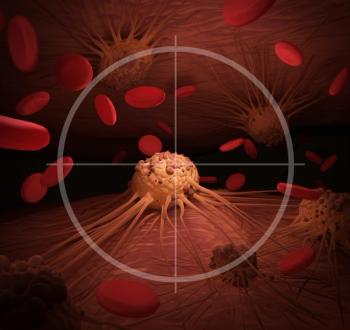
New research has identified the binding site where drug compounds could activate a key braking mechanism against the runaway growth of many types of cancer.
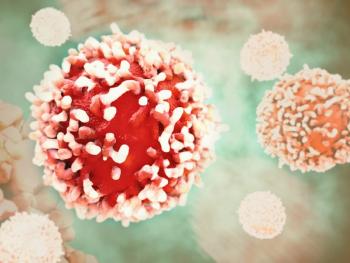
An analysis has shown that aspirin is associated not only with a significant reduction in the risk of developing several cancer types.
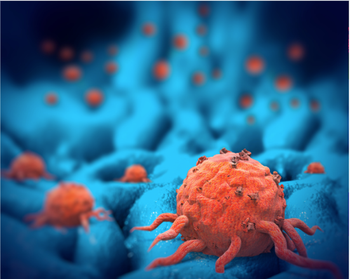
Cancer cells avoid an immune system attack after radiation by taking control of a cell signaling pathway that helps dying cells avoid triggering an immune response.

Patients with BRAF mutations administered treatment with encorafenib/binimetinib trended toward improved and longer responses than patients who received dabrafenib/trametinib.

The FDA has approved the first diagnostic test with a home collection option for the coronavirus disease 2019.
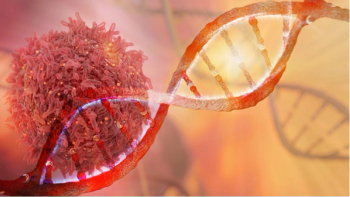
Purdue University researchers have created technology that uses optical imaging to better help surgeons map out tumors in the body and understand how certain diseases affect activity in the brain.
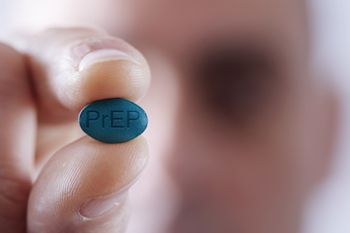
Widely used medications for patients with HIV/AIDS may be potential treatments for the coronavirus disease 2019 should the drugs demonstrate safety and efficacy in clinical trials.

An interview with Debra Richardson, MD, examined the phase 2 study that included niraparib with bevacizumab for patients with either a complete or partial response after upfront chemotherapy for advanced ovarian cancer.

In a population of patients newly diagnosed with ovarian cancer, researchers demonstrated that therapy is well tolerated among both patients who are BRCA-positive and -negative.

Loss of smell and taste has been anecdotally linked to COVID-19 infections, according to a study that reported the first empirical findings that strongly associate sensory loss with coronavirus disease 2019.

A protein, known as FOXO1, plays a critical role in heart damage resulting from treatment with the chemotherapy drug anthracycline.

The combination of olaparib plus bevacizumab lead to a potentially meaningful improvement in progression-free survival versus olaparib alone in women with BRCA-mutated newly diagnosed ovarian cancer.
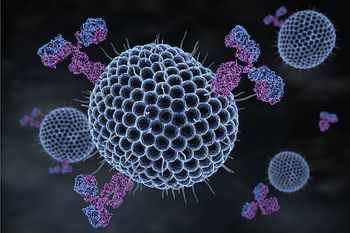
In patients with BRCA wild type carcinomas, treatment with veliparib was beneficial even at low homologous recombination deficiency scores compared with carboplatin and paclitaxel.

The addition of pazoparib to gemcitabine enhances anti-tumor activity, particularly for patients with platinum-resistant disease who derived the most benefit from combination therapy, even in the setting of receiving prior bevacizumab.

Patients with lupus are experiencing difficulties in accessing medications hydroxychloroquine and chloroquine, 2 medications currently being investigated as potential treatment for the coronavirus 2019 disease.

Parata Systems has launched the Pharmacy Employee Relief Fund with an initial commitment of $100,000 to support employees of retail, long-term care, hospital, and direct-to-home pharmacies across the United States affected by the coronavirus disease 2019.
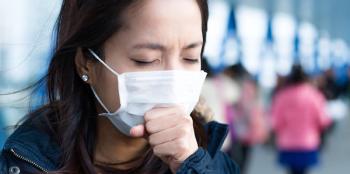
Public policies to increase compliance with community mitigation strategies may be effective in decreasing community mobility.

A new study reports valuable new grip strength metrics that provide health care practitioners with an easy-to-perform, time-efficient screening tool for type 2 diabetes.
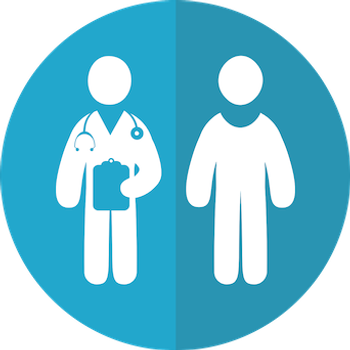
A study based in Brazil has been halted early for safety reasons after patients with coronavirus disease 2019 taking a higher dose of chloroquine developed irregular heart rates that increased their risk of a potentially fatal heart arrhythmia.

Purdue University’s College of Pharmacy is granting early graduation to 144 students to help cover a potential shortage of pharmacists during the coronavirus disease 2019 pandemic.

Although testing and vaccination for the human papillomavirus have decreased the number of cervical cancer deaths, the disease remains the fourth most common cancer type in women.

Every pharmacy within the Guardian Pharmacy Service network has their own disaster contingency plan in place so that they are supported in an emergency, such as the coronavirus disease 2019 pandemic.

A case study of a patient in Wuhan, China suggests that the immunosuppressant tocilizumab may be an effective coronavirus disease 2019 treatment for patients with multiple myeloma and other blood cancers.

By mining a vast trove of genetic data, researchers are enhancing physicians’ ability to treat cancer, predict patient outcomes, and determine which treatment will work best for individual patients.
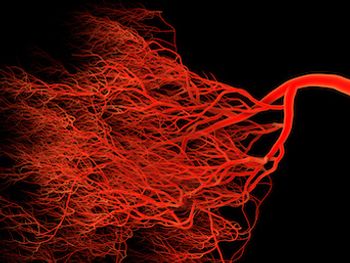
FDA updates guidelines after man who recently recovered from COVID-19 was told that he could not donate blood for 12 months because he takes Truvada as a pre-exposure prophylaxis treatment.

Cervical cancer screening rates in Japan were significantly affected in the years following the devastating Great East Japan Earthquake of 2011, suggesting that disasters can affect cervical cancer screening for years.
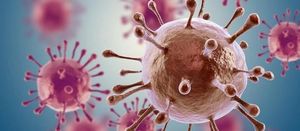
Published: February 12th 2019 | Updated:

Published: February 18th 2019 | Updated:

Published: February 22nd 2019 | Updated:

Published: February 15th 2019 | Updated:

Published: February 20th 2019 | Updated:
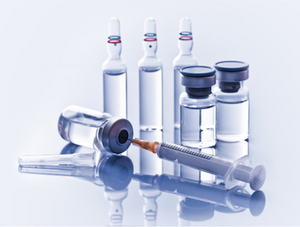
Published: February 20th 2019 | Updated: